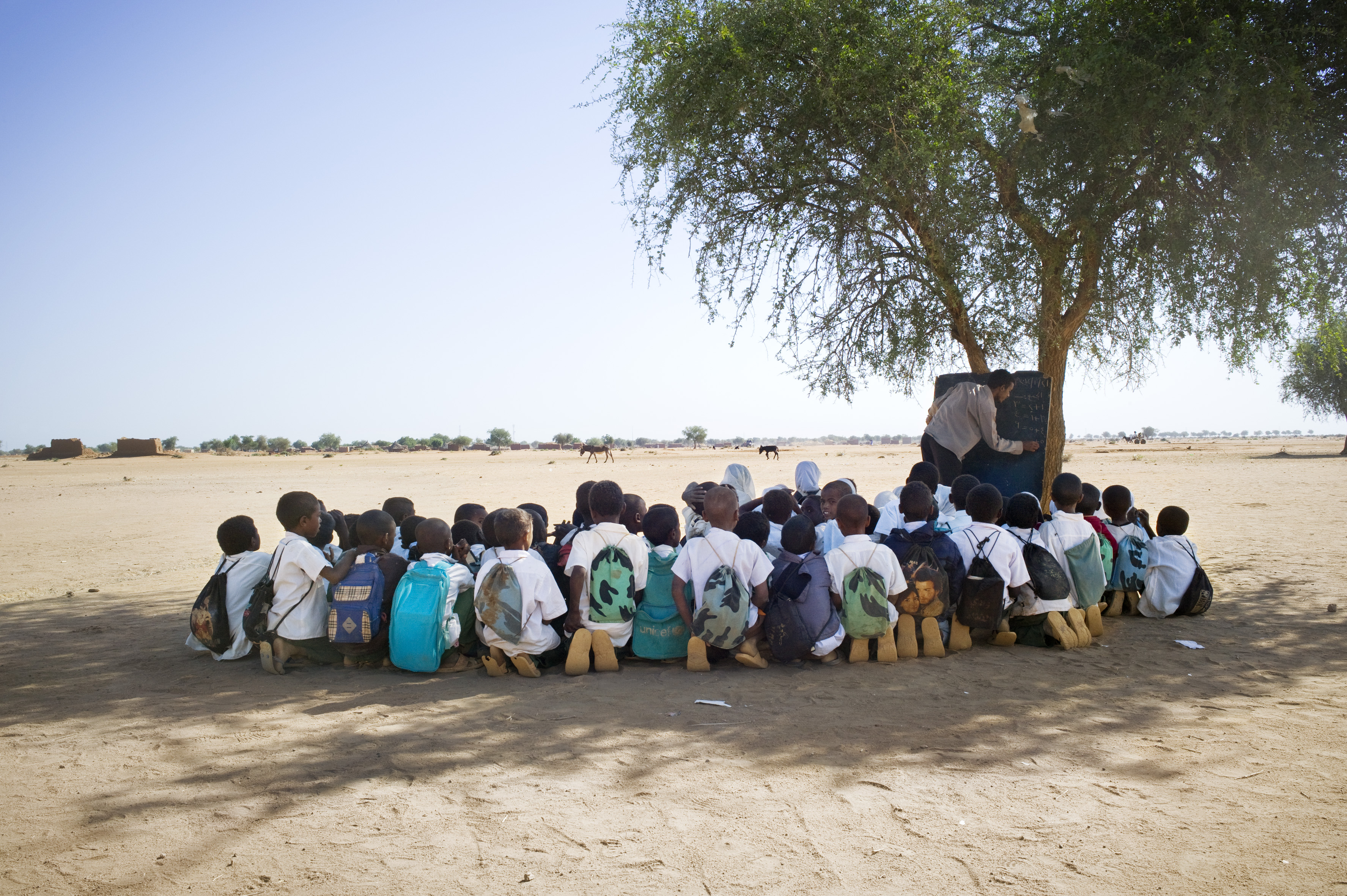
Policies
OUR RIGHT TO LEARN – REACHING THE UNREACHED
Context and Issue
Despite sustained efforts by the Government of Kenya to improve education access for vulnerable children and achieve Education for All (EFA) goals, a significant population of out-of-school children (OOSC) persists. The Kenya Education Sector Support Plan 2005-2010, aimed at marginalized children, and continued government investment of approximately 6.4% of GDP into education have been insufficient to address this issue. Recent rapid assessment surveys identified Garissa, Kajiado, and Kwale counties as having notably high numbers of out-of-school primary-level children.
Solution
The Our Right to Learning – Reaching the Unreached project by the Girl Child Network (GCN) targets these challenges. Over four years, it aims to enroll 47,515 OOSC aged 6 to 13 in Garissa, Kajiado, and Kwale counties. Rooted in the belief that OOSC has rights, the project aligns with Kenya's constitution and the Ministry of Education's sector plan. It supports the National Council for Nomadic Education in Kenya (NACONEK) in extending access to marginalized communities by addressing barriers such as gender discrimination, child labor, and lack of policy implementation capacity.
Impact
The GCN project, implemented from August 2018 to June 2022, surpassed expectations. It operated in 120 schools across Garissa, Kwale, and Kajiado counties, significantly exceeding its enrollment goal. Instead of the targeted 47,515 OOSC, the project enrolled 58,930 primary-level children—a remarkable increase of 24%.
Analysis
This project by exceeding expectations has made significant strides towards realizing the right to education for vulnerable children and contributing to broader educational equity efforts in the country.












